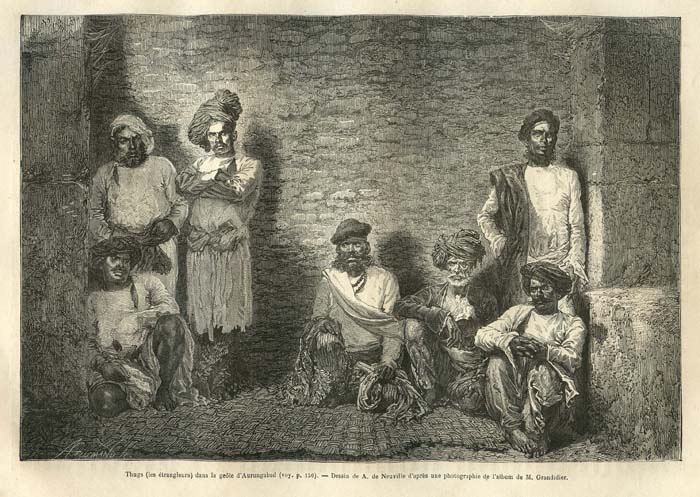FWP:
SETS == STRESS-SHIFTING
NIGHT/DAY: {1,2}
I'd like to systematize some of the points that Faruqi makes. The verse evokes a series of stark contrasts: property and propertylessness; highway-robbery and theft; day and night (in general); today and tonight (in particular); traveling and halting; looting and blessing. Depending on how we arrange our emphases, here are some of the possibilities:
=It was fortunate that the speaker's property was already gone, because otherwise, how could he have avoided feeling anxious about it? (property vs. propertylessness)
=It was fortunate that he was looted by a highway-robber, because otherwise, how could he have escaped the fear of a thief? (overt highway-robber vs. furtive thief)
=It was fortunate that he was looted in the day, because otherwise, with so much anxiety about theft, when would he ever have been able to sleep peacefully at night? (day vs. night)
=It was fortunate that he was looted today and the whole thing is over with, because otherwise, how would he have been able to sleep peacefully like this tonight? (today vs. tonight)
=It was fortunate that he was looted on the road, because otherwise, how would he have escaped from fear and anxiety after coming into a dwelling? (traveling vs. halting)
=It was a blessing that he was looted, so in return he sends his blessing to the looter. (looting vs. blessing)
Isn't this a wonderfully compressed, complex, truly Ghalibian set of variations? And who's to rule any of them out? One's mind is bound to focus first on one, then on another, then on another, on around and back, with no closure anywhere to be found.
The wordplay is also excellent, as Faruqi points out: the use of kab , the punning double meaning of kha;Tkaa as both 'anxiety' and the literal 'knock' on the door, evoking the alarm and fear of theft that might come to someone dwelling in a house; and of course be-;xabar to mean both 'carelessly, heedlessly' and 'ignorantly, without awareness' (of other vulnerabilities).
For another perspective on the highway-robber and the looted goods, consider {64,3}.
And for a more general view, compare Mir's M{1577,4}. Mir also offers an entirely opposite perspective on the same situation, in M{11,3}.

Nazm:
That is, worldly relationships are not free of trouble and anxiety/suspicion. Separation from them is unpleasant, but in this alone lies peace. (129)
== Nazm page 129